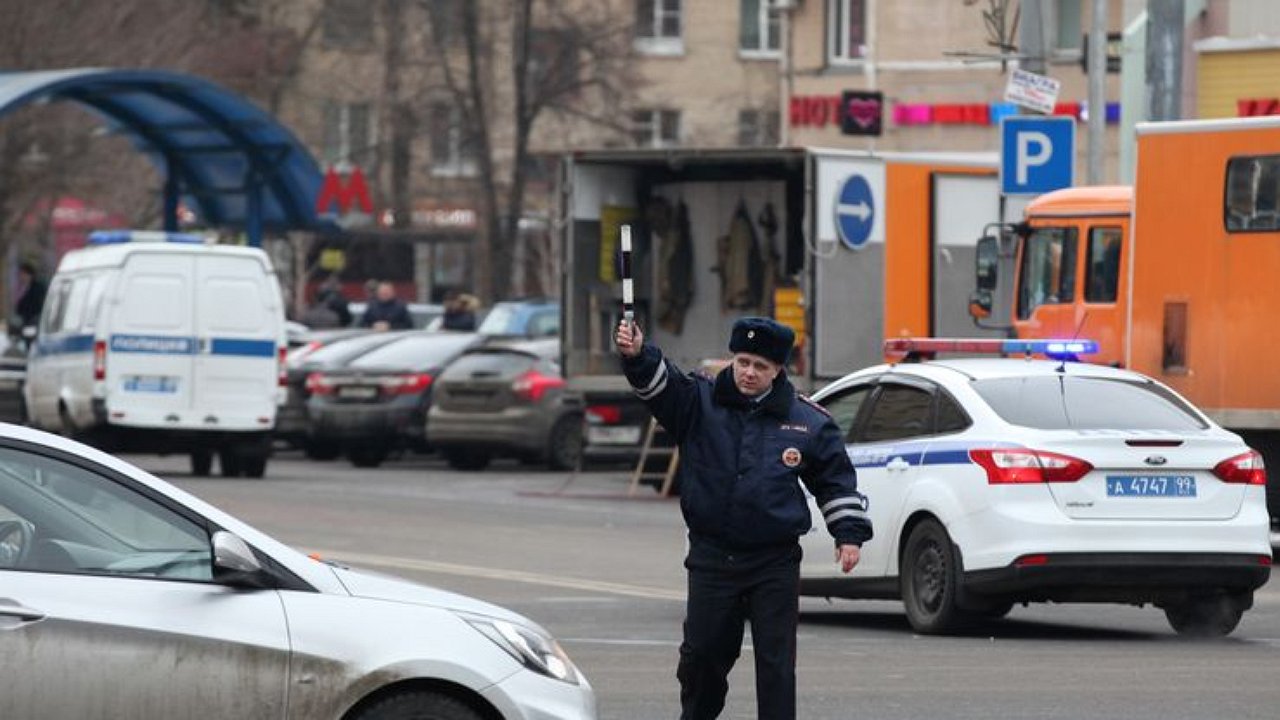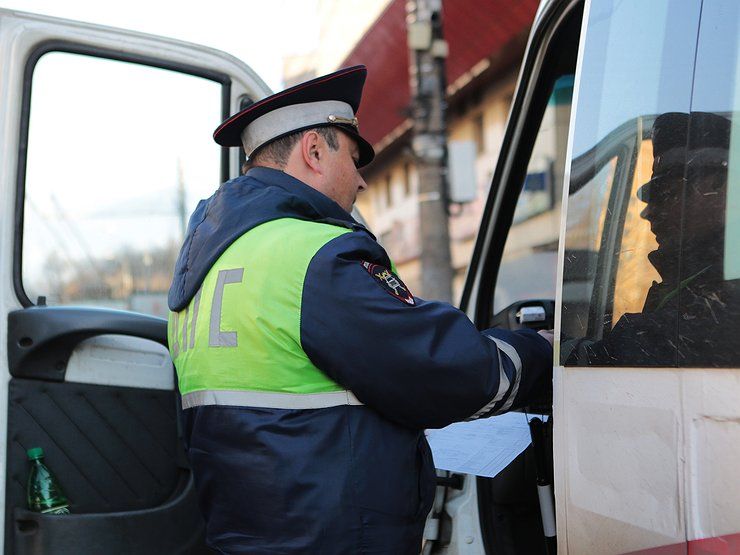Which questions from the traffic police officer should the driver not answer?
- April 14, 2023
- 0
Your words can be used against you – just the same case when a driver could easily get into trouble while answering one of a traffic cop’s tricky
Your words can be used against you – just the same case when a driver could easily get into trouble while answering one of a traffic cop’s tricky

It’s no secret that roadside cops are good at manipulating, using not only the law, but also situations. During communication with the driver, the traffic cop can isolate all the “most necessary” from the information and, of course, only to hold the latter responsible or persuade him to “solve the problem on the spot.” How should the driver react to the increased interest of the traffic police inspector?
Perhaps the most “evil” provocation of traffic cops is their “concern” about the driver’s health. But it is better not to answer the question “how do you feel” with the counter-question “are you a doctor or a police officer?”, Because such a phrase can dramatically change the mood of a law enforcement officer, who begins to get to the bottom of literally everything. You should be aware that any conversation with a public official must be conducted strictly within a regulated framework, which does not imply that you must answer questions that are not related to driving a vehicle or breaking any traffic rules.
However, in order to avoid nitpicking on the part of law enforcement officers, it is better to play the dialogue on a joke and inform the serviceman that everything is fine and there are no complaints about health. Or you can just keep silent and keep a driver’s license and documents in front of the car for verification.
No less troublesome is the question “Have you been drinking for a long time?”. It is clear that in such a simple way, as in the first case, the inspector checks the reaction of the driver. Therefore, the best answer is “I don’t remember” or “never”. Usually, the police immediately change the subject, recognizing that the driver does not drink liquor for health or religious reasons.
But when a traffic cop is interested in your workplace, you better pretend you didn’t hear. After all, as you know, your well-being depends on where you work, which may give the military a reason to cheat you for money.
Law enforcement also likes to ask if anything is prohibited in the car. For example weapons or drugs. Moreover, even if there is such a “ban”, none of the drivers will ever answer in the affirmative. And why even ask if people in uniform can possibly draw up a protocol and inspect the vehicle. Therefore, the best response from the driver will be a proposal to arrange a search of the car with the involvement of witnesses or for video recording. Usually, the military retreats afterwards, realizing that the driver is not carrying anything illegal.

It’s no secret that roadside cops are good at manipulating, using not only the law, but also situations. During communication with the driver, the traffic cop can isolate all the “most necessary” from the information and, of course, only to hold the latter responsible or persuade him to “solve the problem on the spot.” How should the driver react to the increased interest of the traffic police inspector?
Perhaps the most “evil” provocation of traffic cops is their “concern” about the driver’s health. But it is better not to answer the question “how do you feel” with the counter-question “are you a doctor or a police officer?”, Because such a phrase can dramatically change the mood of a law enforcement officer, who begins to get to the bottom of literally everything. You should be aware that any conversation with a public official must be conducted strictly within a regulated framework, which does not imply that you must answer questions that are not related to driving a vehicle or breaking any traffic rules.
However, in order to avoid nitpicking on the part of law enforcement officers, it is better to play the dialogue on a joke and inform the serviceman that everything is fine and there are no complaints about health. Or you can just keep silent and keep a driver’s license and documents in front of the car for verification.
No less troublesome is the question “Have you been drinking for a long time?”. It is clear that in such a simple way, as in the first case, the inspector checks the reaction of the driver. Therefore, the best answer is “I don’t remember” or “never”. Usually, the police immediately change the subject, recognizing that the driver does not drink strong drinks for health reasons or religious beliefs.
But when a traffic cop is interested in your workplace, you better pretend you didn’t hear. After all, as you know, your well-being depends on where you work, which may give the military a reason to cheat you for money.
Law enforcement also likes to ask if anything is prohibited in the car. For example weapons or drugs. Moreover, even if there is such a “ban”, none of the drivers will ever answer in the affirmative. And why even ask if people in uniform can possibly draw up a protocol and inspect the vehicle. Therefore, the best response from the driver will be a proposal to arrange a search of the car with the involvement of witnesses or for video recording. Usually, the military retreats afterwards, realizing that the driver is not carrying anything illegal.
Source: Avto Vzglyad
Donald Salinas is an experienced automobile journalist and writer for Div Bracket. He brings his readers the latest news and developments from the world of automobiles, offering a unique and knowledgeable perspective on the latest trends and innovations in the automotive industry.